25-hour (1 credit) Train the Trainer workshop
Work package n°4 - Building capacity of HEIs’ academic staff to deliver training in Inclusive Innovation and Social Entrepreneurship
In the period of June - December 2024, the InnoSocial project partners organized Train the Trainer sessions for faculty members at their instituions and at the associated partner organisations. The main objective of these training events was to prepare a cohort of teachers for the long-term delivery of the InnoSocial Course.
Train the Trainer workshop held by the University of Social Sciences, Poland
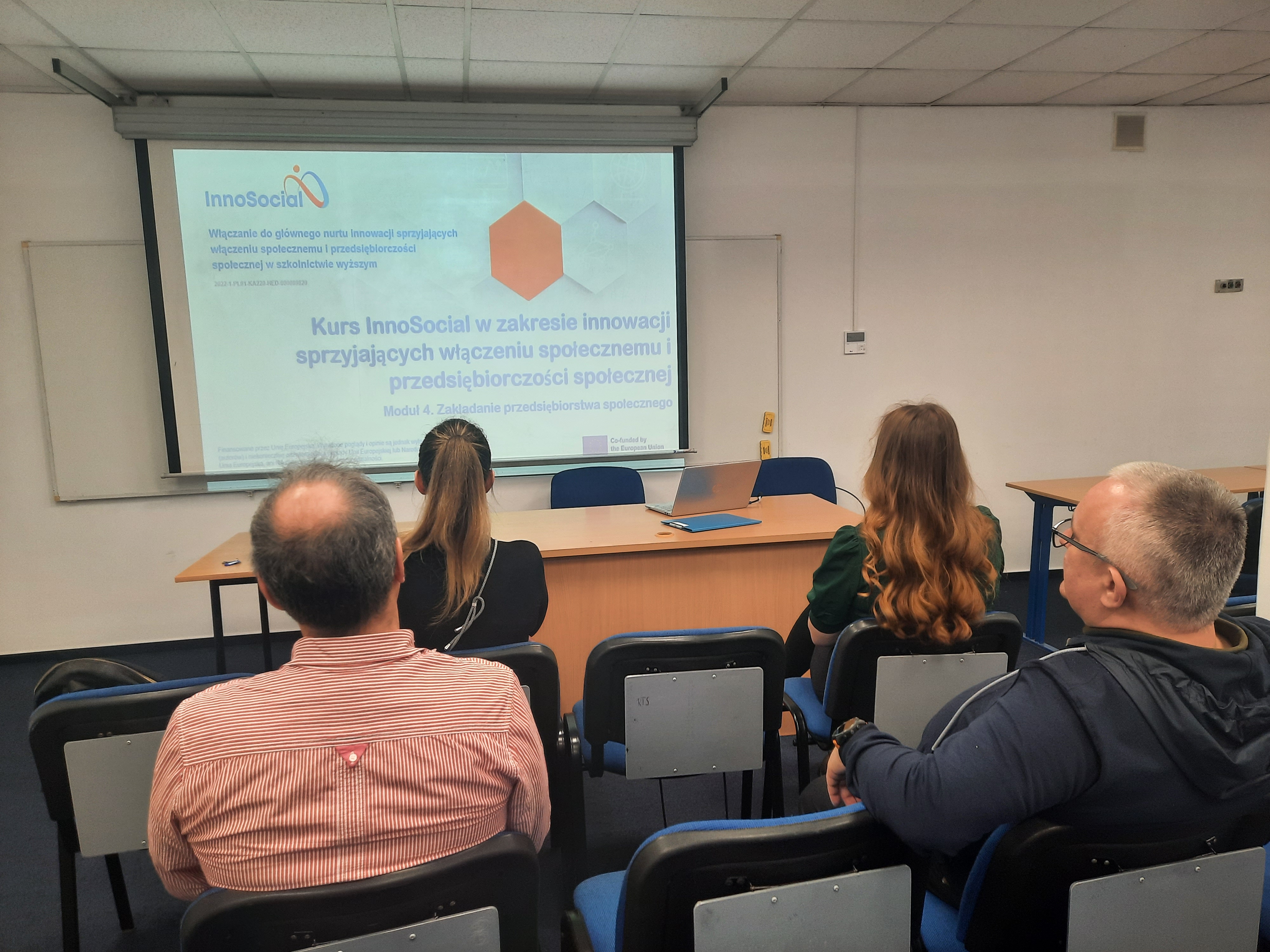
On 25-27 November 2024, SAN team carried out a training workshop for their colleagues. Five lecturers interested in integrating the InnoSocial learning resources into their courses tool part in it. The training consisted of a structured self-learning phase (independent online learning) and face-to-face workshops. The participants provided overwhelmingly positive feedback on the materials provided during the training. The curriculum was perceived as well-balanced, covering both theoretical foundations and practical aspects of social entrepreneurship. Case studies and interactive tasks were particularly appreciated, as they allowed attendees to see real-world applications of the concepts discussed. Several participants highlighted the effectiveness of using real-life examples to illustrate key principles, which helped them grasp the complexity and potential of social enterprises more effectively. Particular interest was aroused by practical examples of social enterprises, as well as the challenges related to establishing them, determining market needs, and assessing the opportunities for running such businesses.
Click here to read the report.
Train the Trainer workshop held by InCrea, Poland
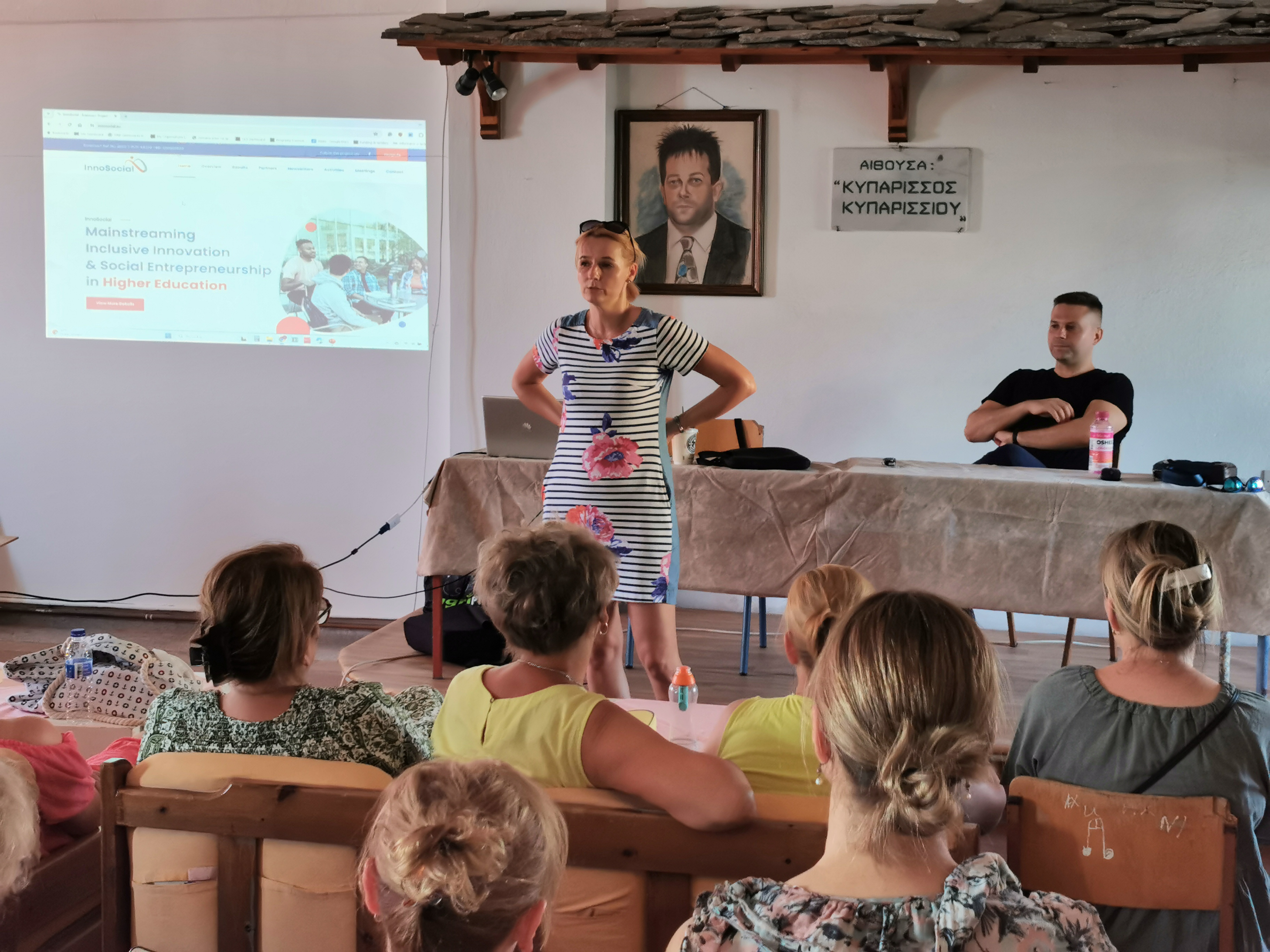
On 10-12 July 2024, InCrea team implemented the training of trainers activity, involving 6 teachers from their associated partner univerisites and VET providers. The participants agreed that the topics covered in the training were highly relevant, practical, and applicable to their academic and professional activities. The presented case studies and assignments were recognized as suitable for courses in economics, entrepreneurship, and sustainability, enriching the classes with aspects of social economy. Some attendees expressed interest in further developing the InnoSocial educational materials or case studies based on the knowledge gained during the workshop. There was a shared belief that raising awareness of social entrepreneurship among students could foster a more responsible and innovative approach to business practices.
Click here to read the report.
Train the Trainer workshop held by the University of Pavia, Italy
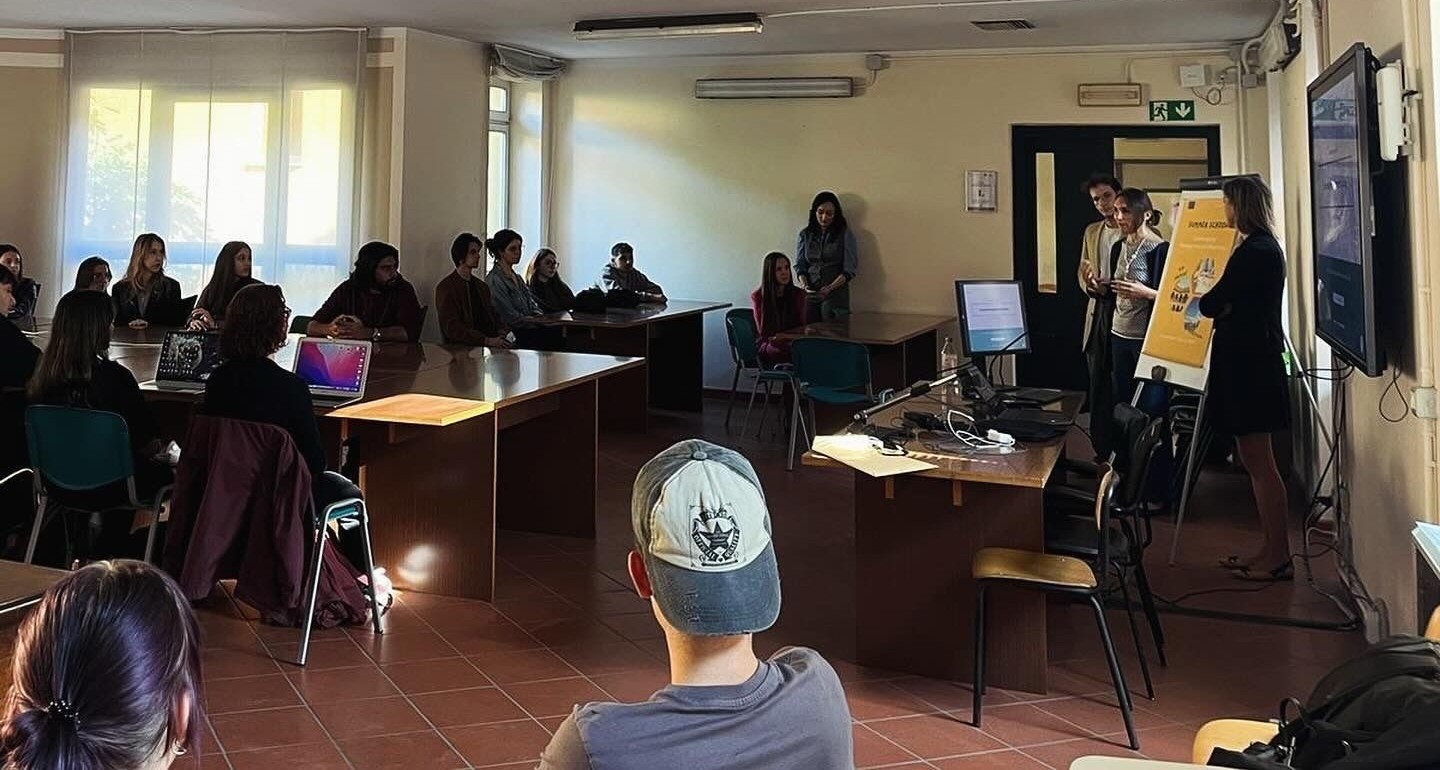
On 16-20 September 2024, the UNIPV team carried out the "train the trainer" workshop, involving 15 lecturers from their university and several other higher education instituions. The training was held entirely online through the UNIPV's e-learning platform and allowed the participants to obtain microcredentials as a result of completing it. The majority of the workshop attendees did not have initial knowledge of the topic and, thus, the workshop was useful for allowing the staff to gain the basic understanding of the key concepts related to inclusive innovation and social entrepreneurship.
Click here to read the report.
Train the Trainer workshop held by Vilniaus Kolegija, Lithuania
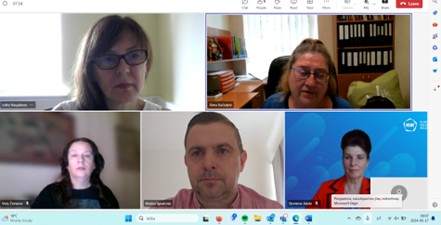
On 17-19 June 2024, VIKO carried out the Train the Trainer workshop at their university, involving six lecturers. The training included self-study, i.e. review of the project outputs, and face-to-face presentations & discussions sessions. As a results of the training, all participants improved knowledge, skills, and competences related to inclusive innovation and social entrepreneurship. They emphasized that the course provided a stronger understanding of the activities of the social practice enterprise, and gave an opportunity to get acquainted with other way of companies’ performance in social innovation and entrepreneurship.
Click here to read the report.
Train the Trainer workshop held by Tetra Solutions, Bulgaria
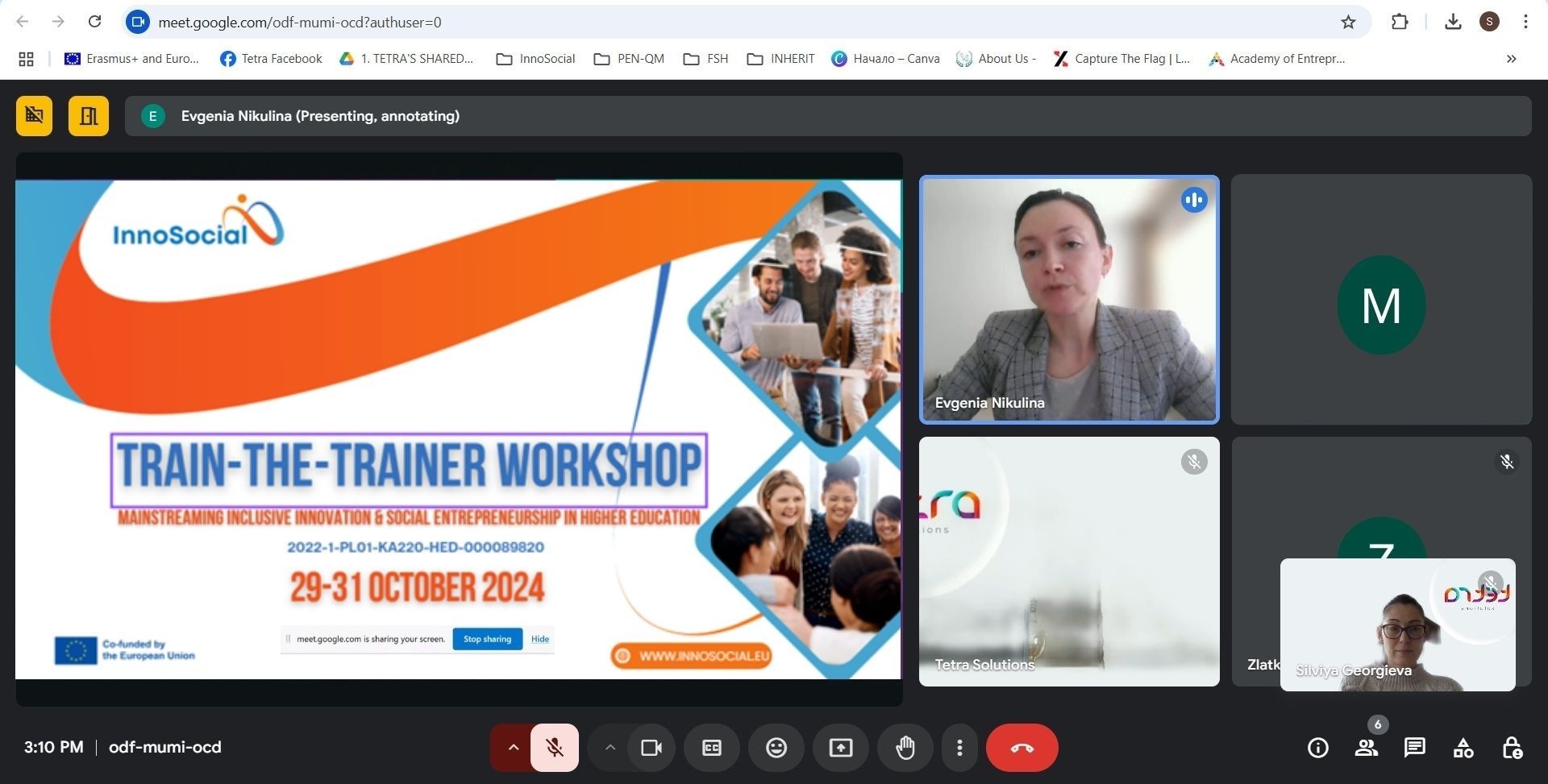
On 29-31 October 2024, Tetra team implemented the Train the Trainer workshop, involving five representatives of higher education instituions and vocational schools. The workshop significantly enhanced the lecturers' knowledge and skills in social innovation and entrepreneurship. Participants appreciated the practical tools and methodologies introduced, noting their usefulness for curriculum development and student engagement. The interactive format encouraged critical thinking and collaborative learning, which many found transferable to their own teaching practices. Several lecturers expressed motivation to integrate social innovation modules into existing courses and to promote entrepreneurial mindsets that address societal challenges.
Click here to read the report.
